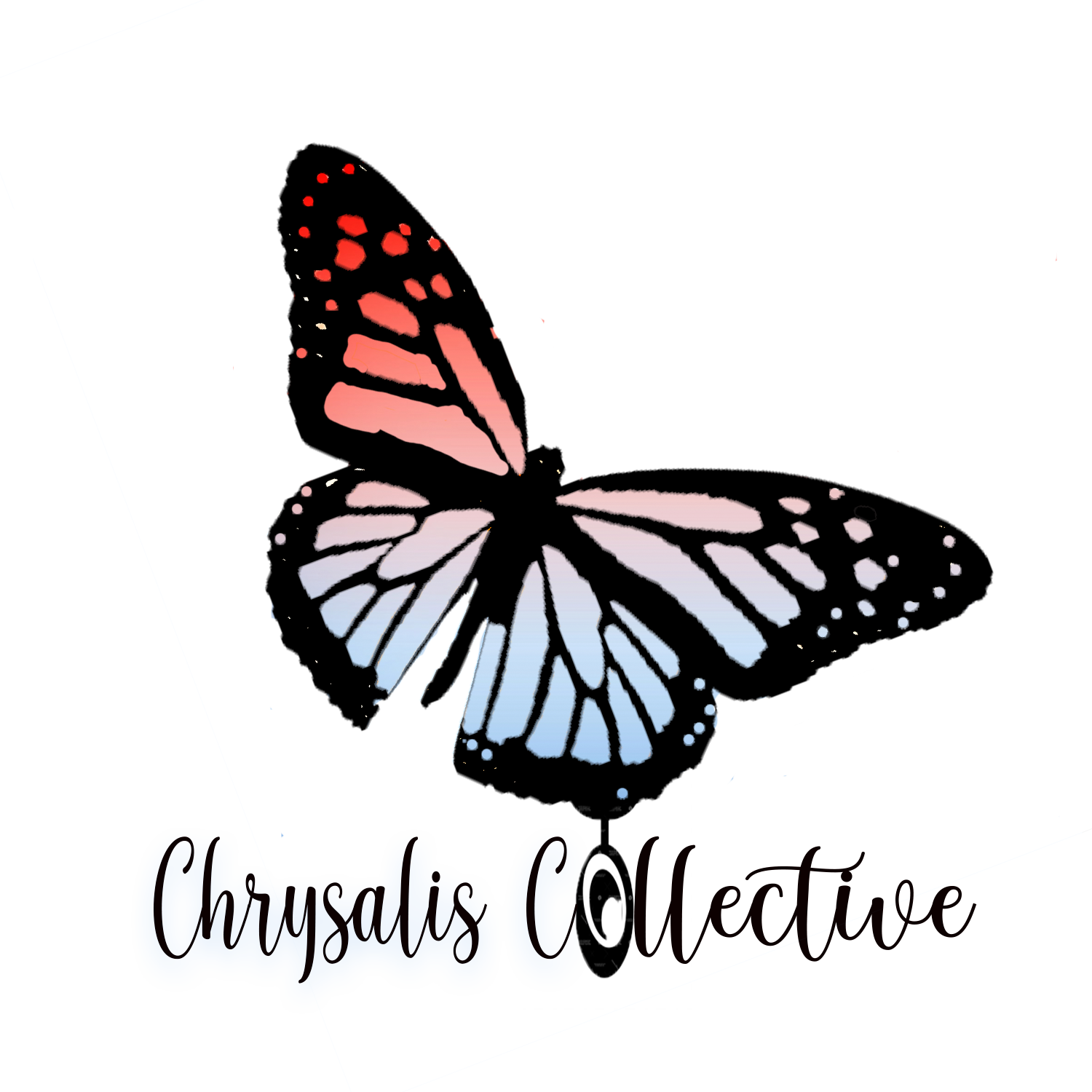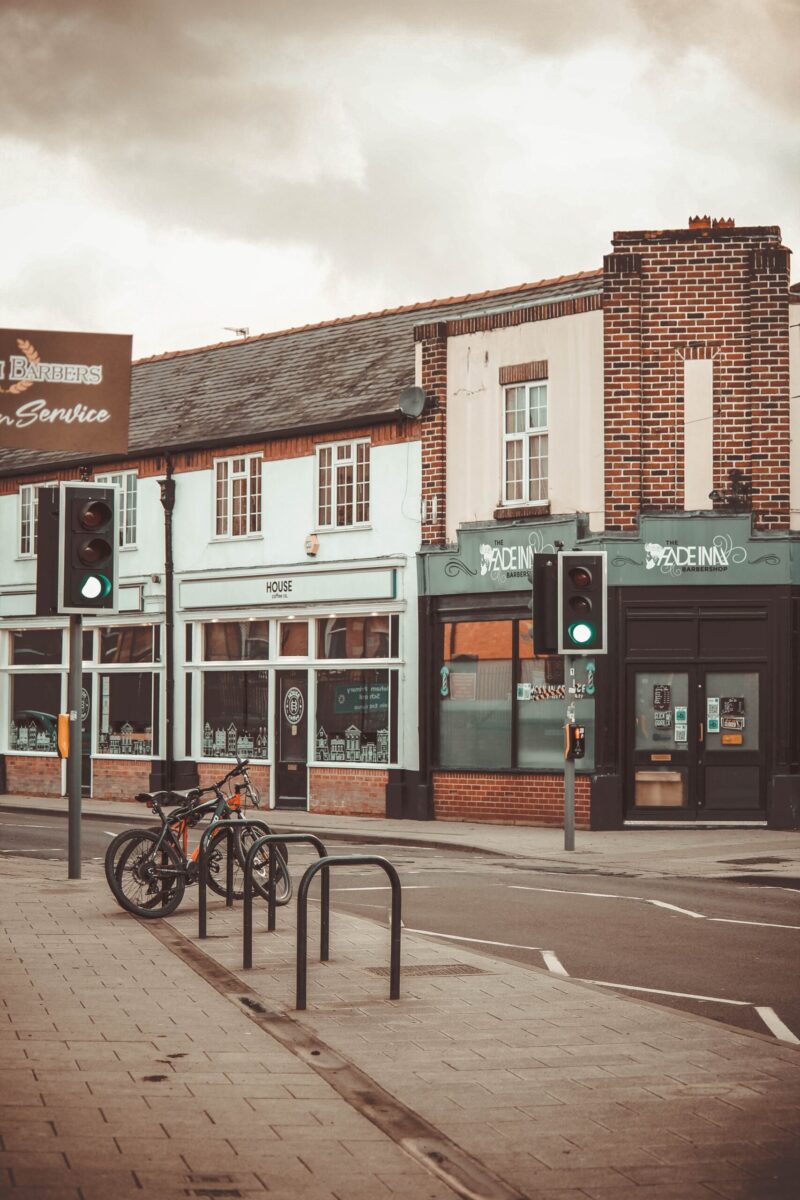Natural history writer Barry Lopez says that human imagination is shaped by the architecture it encounters at a young age. In his essay “A Literature of Place,” he asserts that his imagination was shaped by a dry California valley.
Ask yourself: What has shaped yours?
Lopez’s essay exhorts us to become intimate with our places, and he reassures us that if we can achieve that intimacy, we will achieve a defense against the loneliness of the human condition. Give your place your intimate attention, he states. Have a storied relationship to it. Live in a kind of ethical unity with your place. If you can do these things, it will know you are there, and you will never feel abandoned.
It feels you.
As we search in vain for connection to self and to others, we feed our addiction to technology and social media, completely ignoring what is right outside our own window.
Connection to place.
I recently visited my hometown in the attempt to achieve that geographical intimacy, some sort of connection.
I needed my touchstone. It was time to head home.
As I rolled down Main Street, I was met by the same old sleepy streets, rows of tidy ranchers, the mansions of Bellevue Avenue, sweet blueberry farms, the Italian market, the trim little downtown bustling with people headed out for coffee, supplies, or to-and-from work.
I dropped in on haunted childhood places. The Women’s Civic Center parking lot and concrete stairs, where hundreds of neighborhood kickball games were played in the dying of sun-mottled fall light, where gruff parental voices calling us in were ignored for just one more inning. The cool dim Church of Christ, where if unlocked was a cool refuge from the sun and a place to play hide-and-seek in the pews, to sneak communion wine, and breathe in the cross-pollinated smell of oil and Pine Sol until we were chased back out into hot summer sun by the cranky pastor. The copse of trees dividing the lots of the Civic Center and the Church of Christ, that shady place where we hunkered down on many a summer day with french fries and milkshakes. This copse was our fort, our hiding place, our control tower, a place where all important decisions were made, and where no adult was allowed to step foot in. Ever.
And the bicycle cut-through that was the most direct route to Dee’s house, and the big tree root to avoid on the left-hand side of the path that harbored the insidious intent to wipe you out if your bike tire caught it just wrong. We all knew to stay to the right, but forty years later I can still hear now the voices of friends.
“RIGHT!”
On this day forty years later, I stood still in the worn-out patch of grass designated as home plate for our kickball games, I huddled under those trees where I carved my initials. I walked through the cut-through, bent down and ran my hand over that killer root. I stood in that church and inhaled that familiar scent. I sat on those concrete steps, and dreamed once again the grandiose daydreams of becoming a famous gymnast, the images flooding back to my consciousness. And as I drove home, I knew immediately that I felt better. At peace. Connected to myself, and the place that made me.
So go home, if you can. But wherever you are, open yourself up. Be silent, appreciate the cessation of noise. Feel it, and yourself situated on it. Ask yourself what you smell and hear. Bend down, feel the textures at your feet.
We know we cannot control the physical world. Boy, do we know that. So become intimate with whatever “stretch of land” you call home, and through geographical reciprocity, you can discover your sense of self, and perhaps a sense of hope.


